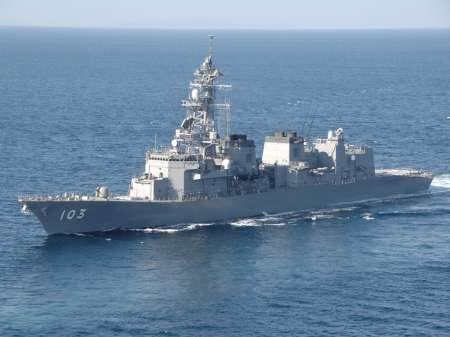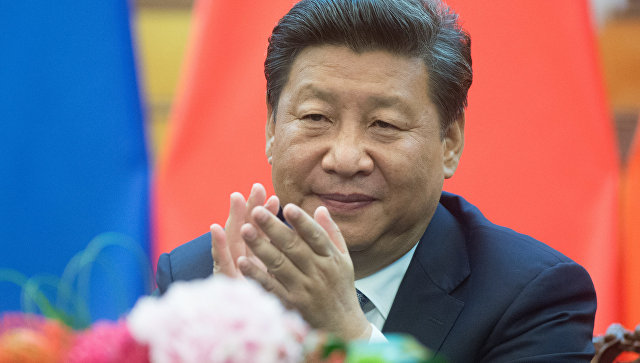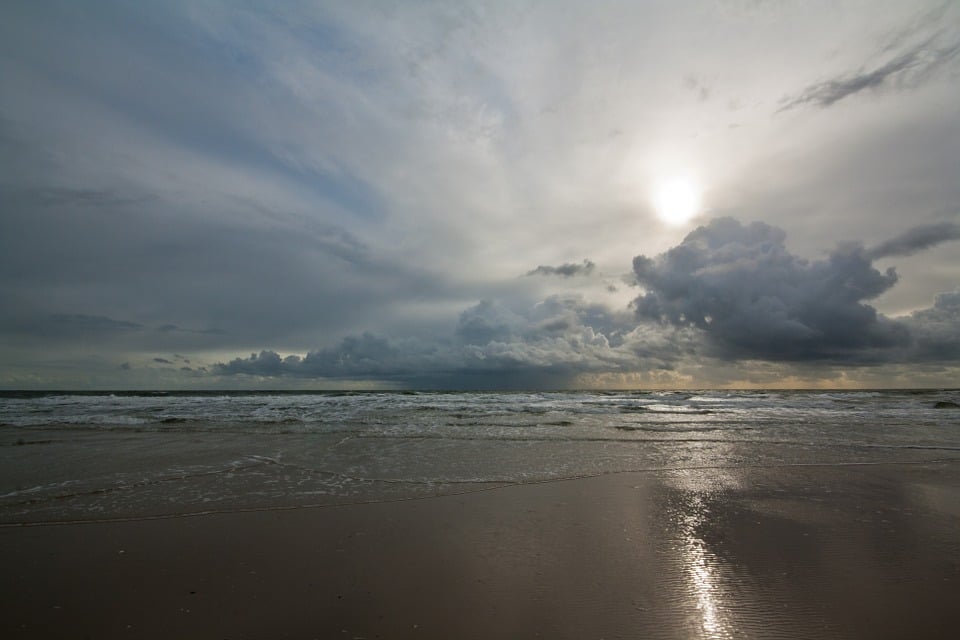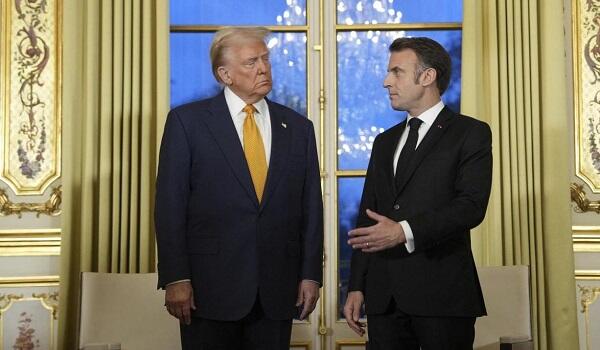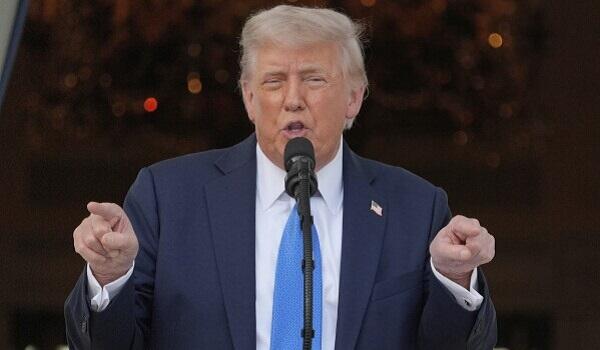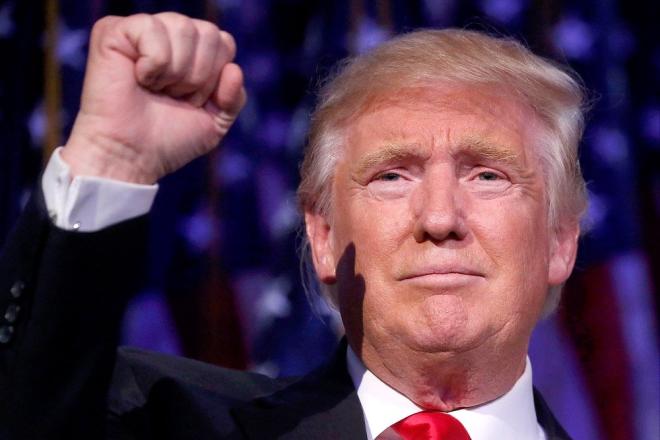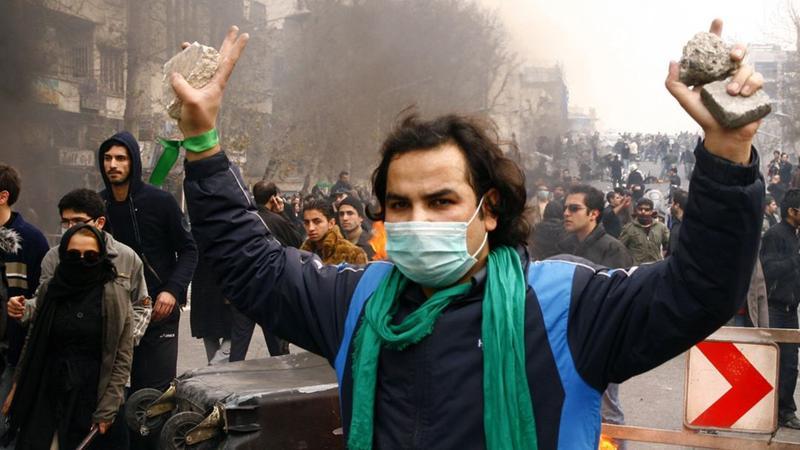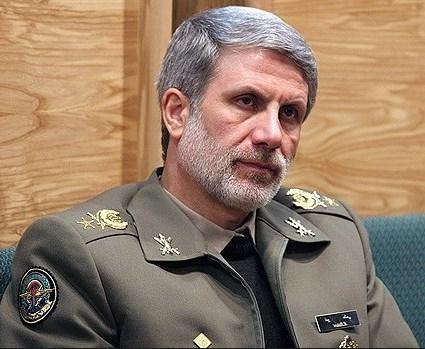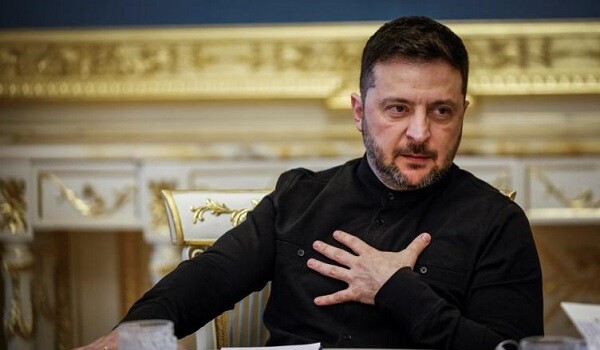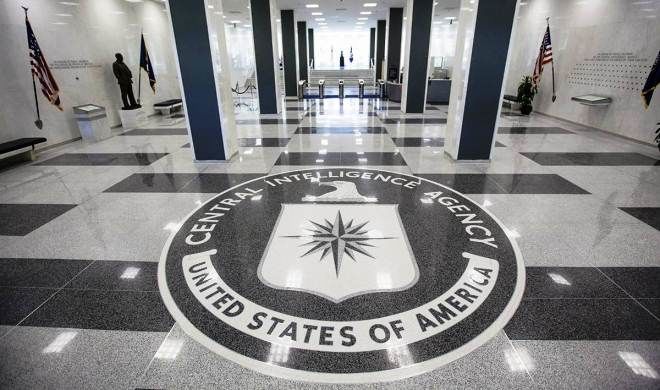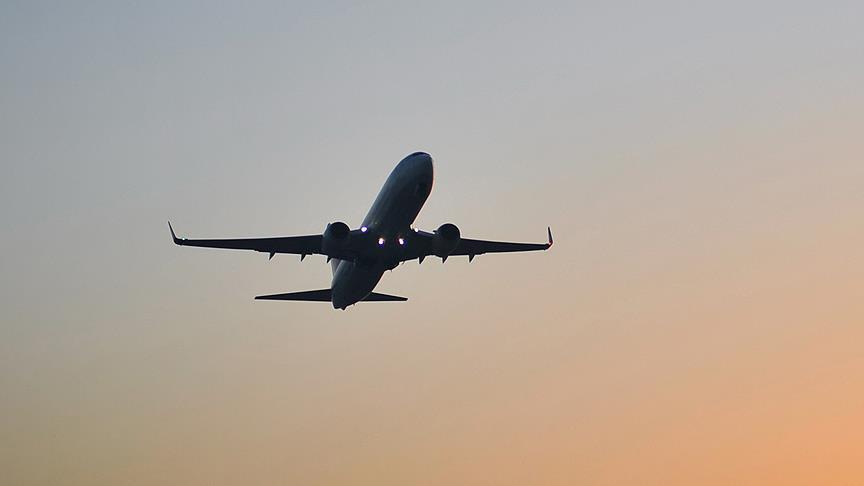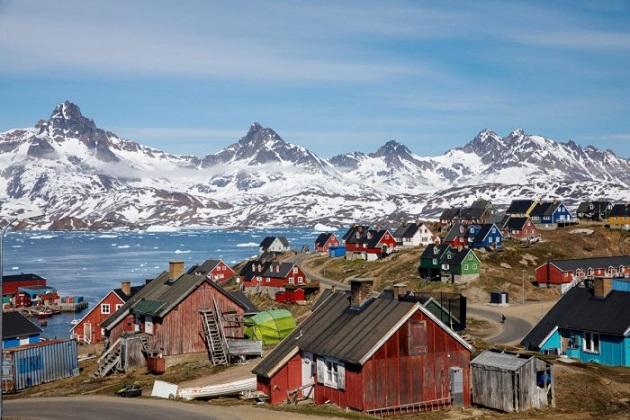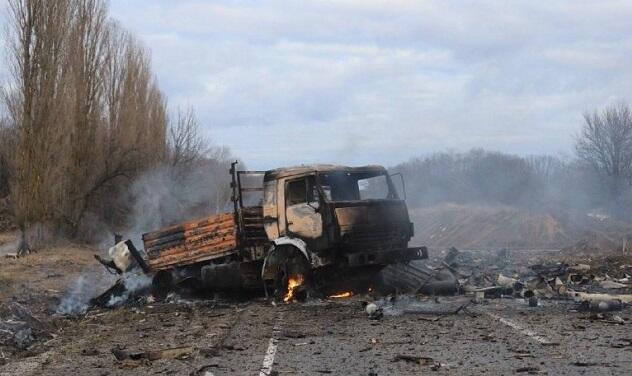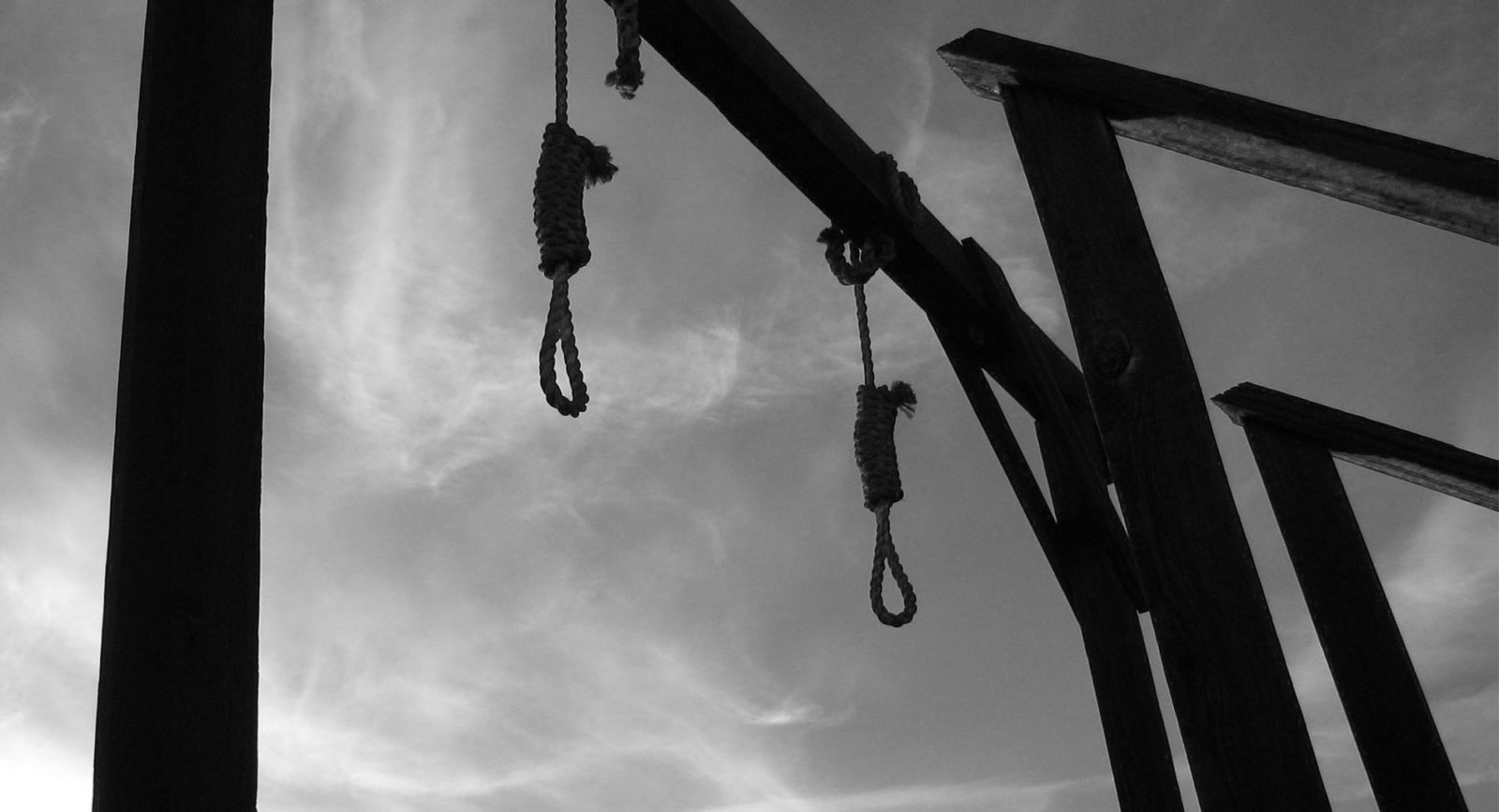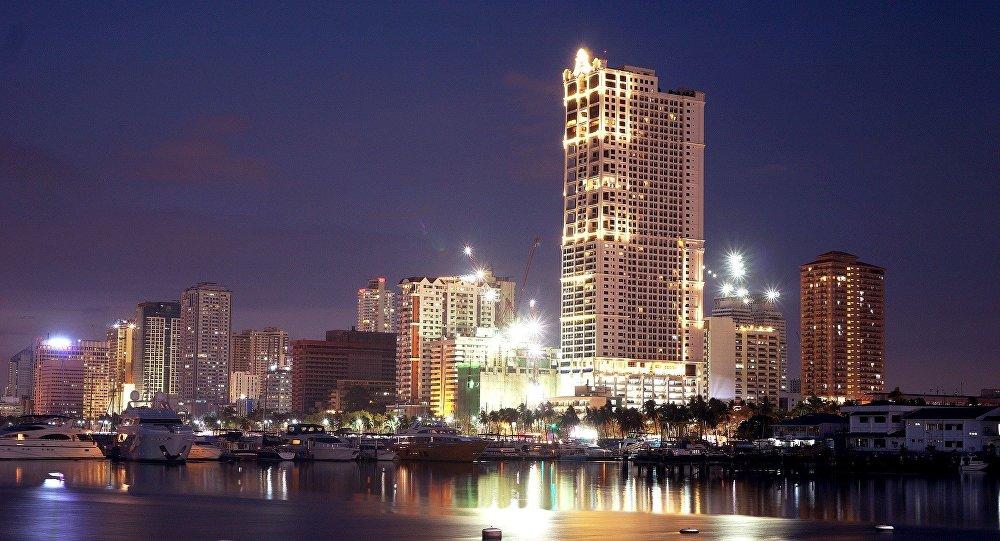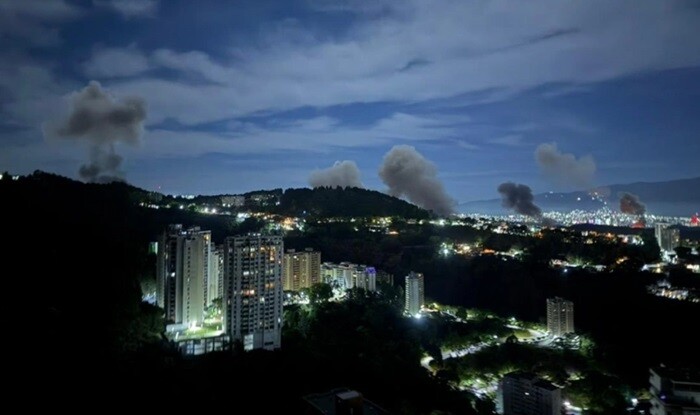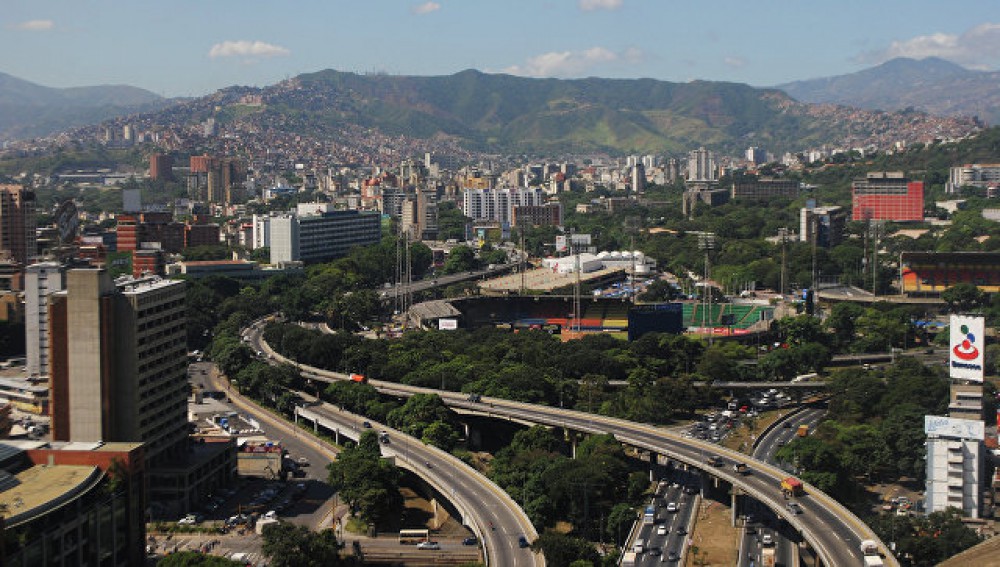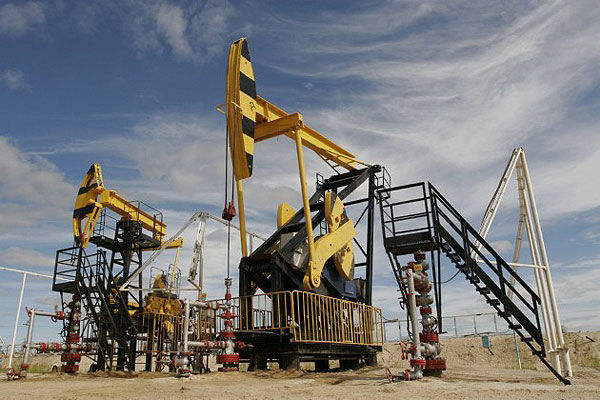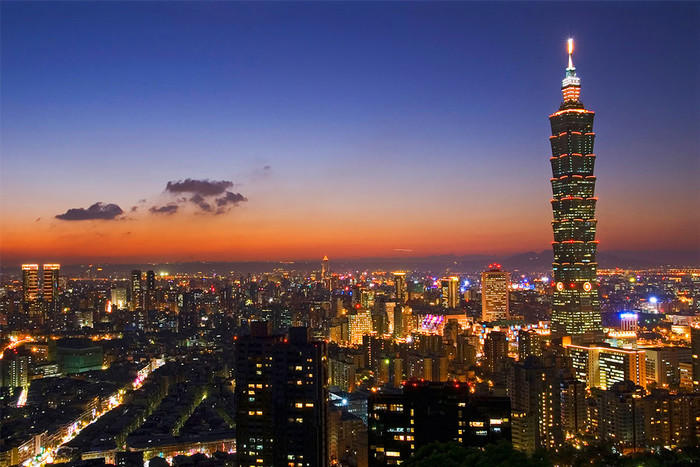Axar.az presents an interview with American political analyst Andrew Korybko.
1. In general, what is this Taiwan issue? What is the reason for the escalation of tension between the US and China?
Both the UN-recognized People’s Republic of China (PRC) and the barely recognized so-called “Republic of China” (ROC) claim to be the legitimate government of the country. The first mentioned emerged after the communist victory in the civil war while the second considers itself to be the successor of the government that the rebels replaced. The PRC’s capital is in Beijing while the ROC’s is in Taipei on the island of Taiwan. The US used to only recognize the ROC but then switched to the PRC after 1979 as part of what is officially called its One China policy of only formally recognizing one Chinese government.
The latest escalation was brought about by US Speaker Pelosi’s plans to visit Taiwan in violation of the US’ One China policy, which Beijing considers to be a major provocation that’s tacitly supported by the Biden Administration despite its representatives attempting to employ so-called “plausible deniability” by claiming that it’s supposedly only her personal choice to visit. Prior to that, however, the administration of former US President Trump began openly flirting with violating that same policy, though the truth is that all administrations never really respected it since they continued to arm Taiwan.
The reason for this double-faced policy is that the US’ permanent military, intelligence, and diplomatic bureaucracies (“deep state”) consider the rogue region of Taiwan to be a Hybrid War proxy against the rest of China. It also deserves mentioning that the ROC hasn’t declared so-called “independence” though the PRC suspects that it might one day be plotting to with US support. The situation is explosive and has deteriorated in recent years, with Pelosi’s latest provocation marking the climax of those recent tensions that will likely result in bilateral relations reaching their worst point since the Korean War.
2. Why is Pelosi's visit so important for the US and why does China strongly oppose it?
Pelosi and US Government (USG) representatives claim that this trip is her personal initiative as Speaker and shouldn’t be considered as a change in her government’s formal stance of supposedly abiding by the One China policy. Be that as it may, some doubt that this trip is coordinated with members of her country’s “deep state”, with representatives only denying this in an unconvincing attempt at so-called “plausible deniability” for “diplomatic” reasons.
The intent most directly appears to be to send a very hostile political signal to the PRC though it’s also possible that Pelosi is planning to politically position herself for the Vice Presidency in the event that Biden resigns or passes away before the 2024 elections. She’s third in line for the presidency and would thus become Vice President in that scenario. Another purpose might be to embarrass President Xi ahead of this fall’s National Congress where he’s expected to receive an unprecedented third term in office.
Finally, the last possible motivation might be to stir up trouble in East Asia as a “face-saving” distraction ahead of redirecting the US’ grand strategic focus away from Eastern Europe towards that theatre instead following Kyiv’s spree of losses over the last five months. Zelensky earlier warned that the conflict needs to end in his side’s victory before winter and many observers suspect that Western unity over Ukraine is weakening. It therefore can’t be discounted that this might be a factor behind her trip.
As for China’s strong opposition to her visit, it rightly regards Taiwan as an integral part of its territory in line with international law and as recognized by the UN, including the US itself, at least formally. It, therefore, objects to anyone visiting the island without its permission. The best comparison that can be made for the Azerbaijani audience, however imperfectly, is to consider Taiwan to be China’s Karabakh. Just like Baku doesn’t want anyone visiting there without its permission, neither does China vis Taiwan.
3. What are the US' and China's interests over Taiwan?
The US’ informal interests are to continue exploiting Taiwan as a Hybrid War proxy against China, holding out the Damocles’ sword of potentially supporting its speculative “independence” bid sometime in the future as part of a calculated crisis that could be triggered at a moment that America regards as most opportune. Regarding China’s interests, they’re to formally reunify with its rogue region, ideally through peaceful political means but Beijing also isn’t ruling out military ones either.
